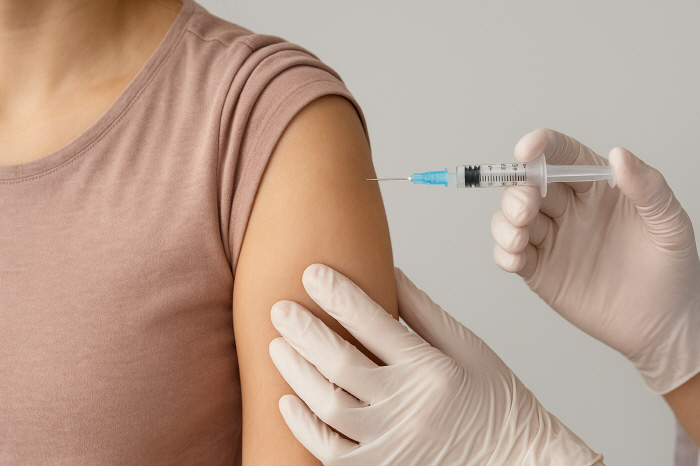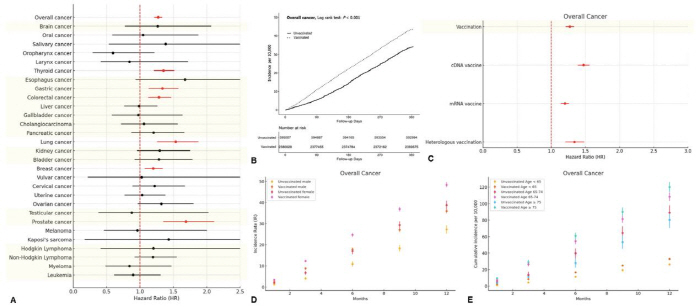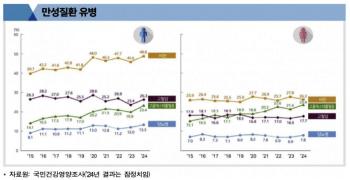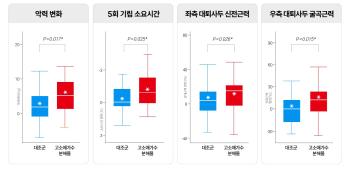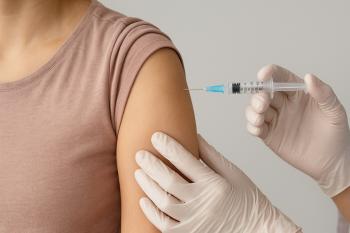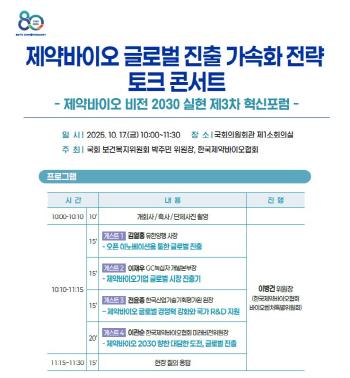COVID-19 Vaccine, Domestic Study Linked to Risk of Six Cancer...an exaggerated analytical cadastral map
Sep 30, 2025
|
Some overseas experts point out that "exaggerated analysis".
The joint researchers from the Gyeongin Regional Military Manpower Administration and Ewha Womans University Mokdong Hospital published the results of this analysis in the international famous academic journal 「Biomarker Research」.
The researchers conducted a retrospective study of about 8.4 million people using data from the National Health Insurance Corporation from 2021 to 2023.
The researchers divided participants into two groups based on vaccination status and estimated the overall risk of cancer using a multivariate Cox proportional risk model.
As a result of the analysis, prostate cancer had a 68% increased risk of developing a year after inoculation.
In addition, the risk of thyroid cancer (35%), gastric cancer (34%), lung cancer (53%), breast cancer (20%), and colon cancer (28%) also increased.
By age, relatively younger people under the age of 65 were more vulnerable to thyroid and breast cancer, while older people over 75 were more vulnerable to prostate cancer.
Men had higher risk of stomach cancer and lung cancer, and women had higher risk of thyroid cancer and colon cancer, the researchers said.
In addition, mRNA vaccines (Pfizer, Moderna) were associated with thyroid cancer, colon cancer, lung cancer and breast cancer, and cDNA vaccines (AstraZeneca, Johnson & Johnson) were associated with increased risk of thyroid cancer, stomach cancer, colon cancer, lung cancer and prostate cancer, the researchers argued. In the case of cross-vaccination, it was analyzed that the risk of thyroid cancer and breast cancer increased.
However, specific biological mechanisms by which vaccines increase cancer risk have not been presented.
The researchers observed a link between COVID-19 vaccination and cancer incidence, but this does not definitively prove a causal relationship. "As differences have been shown by age, gender, and vaccine type, optimal inoculation strategies may be needed in certain groups." he said.
The study is noteworthy as one of the first cases to analyze the risk of cancer after actual inoculation in a large population amid hypothetical discussions about the carcinogenic potential of COVID-19 infection itself. However, the researchers emphasized that "Additional long-term follow-up studies and international comparative studies are needed."
There are also strong objections to the results of this study.
Overseas experts pointed out that the conclusion of the study was exaggerated and lacked scientific evidence.
According to foreign media such as the Daily Mail, Benjamin Major, a pathology professor at Johns Hopkins University, said "Cancer does not occur in a short period of time. Mutation accumulation and cell proliferation require time"This study measured the timing of diagnosis, not the occurrence of cancer.".
He also cited cancer statistics through 2022 published in the official journal of the Korean Cancer Society, refuting that the incidence of the six cancers mentioned in the paper did not actually increase.
Cancer Research UK also has no basis for showing clear link between COVID vaccine and cancerRather, mRNA technology is being used to develop preventive vaccines such as lung cancer and ovarian cancer.
Experts stress that vaccine-related research requires careful interpretation and rigorous verification.
|
This article was translated by Naver AI translator.
